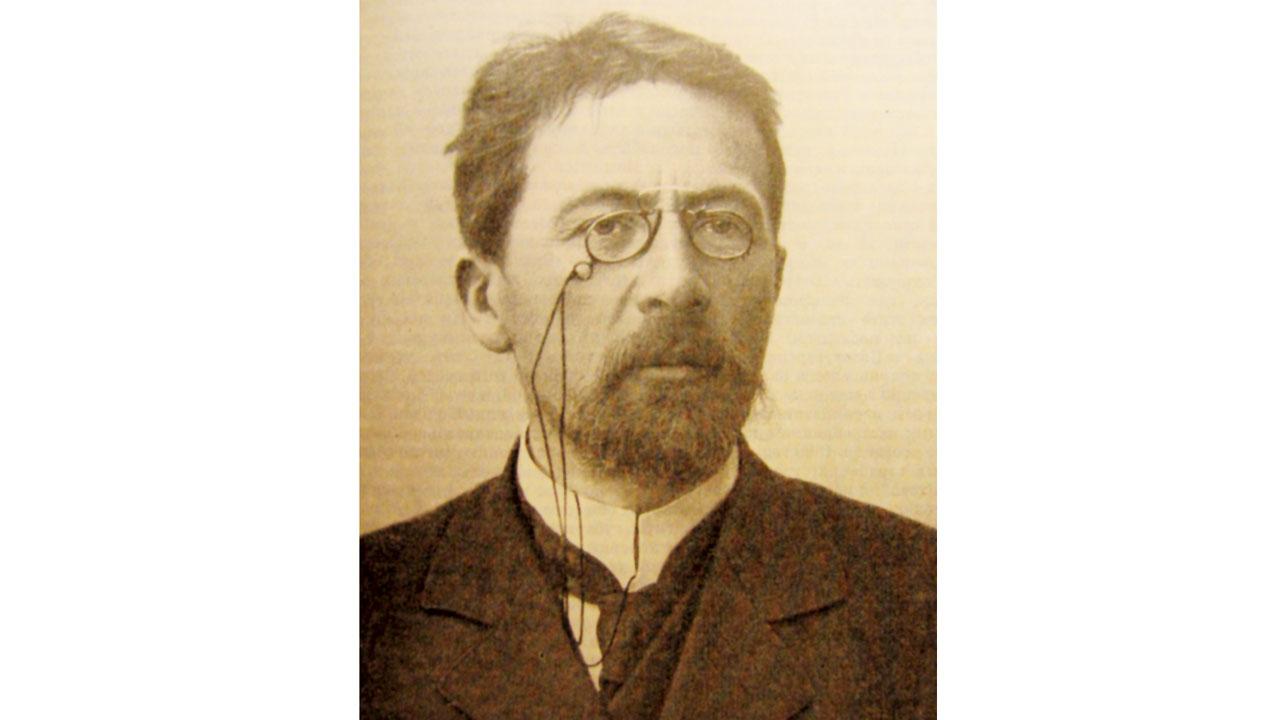As the major adaptation of Uncle Vanya gets screened at a SoBo venue tomorrow, we’ve curated four lesser-known plays by the Russian genius to celebrate his literary craft

Andrew Scott in a moment from the trailer of Vanya. Pics Courtesy/YouTube
Anton Chekhov was best known for his short stories and four major plays that have been staged around the globe, and across generations. These include The Cherry Orchard, Three Sisters, Uncle Vanya, and The Seagull. However, before he wrote some of the longer plays, young Chekhov had been writing one-act sketches, inspired by the French vaudevilles, while he was still in school. In the late 1890s, he brought his one-act farces to the Russian theatres. These bite-sized comedies commented on the absurdity of situations and mannerisms of people, by infusing light humour and several moments of exaggeration.
ADVERTISEMENT

Anton Chekhov
This Wednesday, the National Centre for the Performing Arts (NCPA) will screen National Theatre London’s latest production of Vanya, starring Andrew Scott. The play has been adapted by Simon Stephens from Chekhov’s masterpiece and has been directed by Sam Yates. Chekhov had originally titled it, The Wood Demon, but it transformed in its revisions and became what is today one of his best plays. The lead characters Sonya and Uncle Vanya spend their lives looking after the family estate until Sonya’s father enters with a new wife and things begin to change. The earliest productions of the play took place in 1898 in Russia. The play today lives on in its many adaptations and retellings worldwide.
On: March 6; 6 pm onwards
At: Godrej Dance Theatre, NCPA, Nariman Point. Log on to: in. bookmyshow.com (for tickets)
Cost: Rs 500 onwards
We’ve curated four lesser-known plays that Chekhov fans will enjoy:
The Proposal
The play begins with a well-dressed Lomov visiting his neighbour, Chubokov, to ask him for his daughter, Natalya’s hand in marriage. However, the conversation soon turns into an unexpected series of arguments between Natalya and Lomov. These begin with both claiming the ownership of The Oxen Meadows. It soon grows into one about the greatness of their respective dogs. Through all this, we see Lomov palpitating and losing sensation in his leg, as the two, nevertheless, continue to quarrel away. It’s a classic example of Chekhov’s pointed criticism about the Russian landowning class, written through the use of satire.
Log on to: The Lambs Theatre Lab production of the play/YouTube
The Festivities/The Jubilee
Andrei Shipuchin, a proud bank manager, is all set to celebrate his 15 years of managing the bank. He puts his colleague to work on a speech for him so he could read it at the party. However, his wife turns up unexpectedly, and begins narrating an utterly useless story about people she saw on the train and the party she attended. At the same time, another woman walks in, convinced that her husband worked at their office (even though he didn’t). She complains that he was unjustly fired, and repeatedly shows his medical certificate, asking for compensation. The play is a rib-tickling watch as we see the two bank officers getting completely frazzled by the interruptions.
Log on to: A Production by Students from VLO Krakow/YouTube
The Bear
The protagonist, Elena Popova, eschewed all contact with the outside world ever since her husband died a few months ago. One day, however, a stranger Smirnov enters her house, demanding that she pay the debt her husband owed to him. Even though Elena denies having any money with her, Smirnov is stubborn and unwilling to leave until he is paid. They enter into a heated argument, which intensifies when Elena takes her husband’s rifle out. Although taken aback, Smirnov is also smitten by her courage. Their fight dissolves soon, and he confesses his love for her. Elena must decide whether Smirnov should leave or stay. Chekhov based Elena and Smirnov’s characters borrowing from stock characters in ancient Greek comedies who were impostors.
Log on to: The Lambs Theatre Lab production/YouTube
On the Harmful Effects of Tobacco
The play is a monologue written from the point of view of one Ivan Nyukhin. It is supposed to be a speech on the dangers of tobacco, as the title suggests, though Nyukhin confesses to be a smoker. This confession is a small hint for the audience that he isn’t going to go far in his speech, and it will not be as straightforward as one would expect. Nyukhin keeps digressing often into complaints about his life and his wife’s school, and ultimately fails to deliver something of actual value. Chekhov’s purpose of writing the play was not to actually throw light on the ill-effects of smoking, but to show a glimpse, as with his other works, into Russian life through Nyukhin’s dejected loneliness hidden behind his comical speech.
Log on to: National Cool Theatre’s production/YouTube
 Subscribe today by clicking the link and stay updated with the latest news!" Click here!
Subscribe today by clicking the link and stay updated with the latest news!" Click here!







